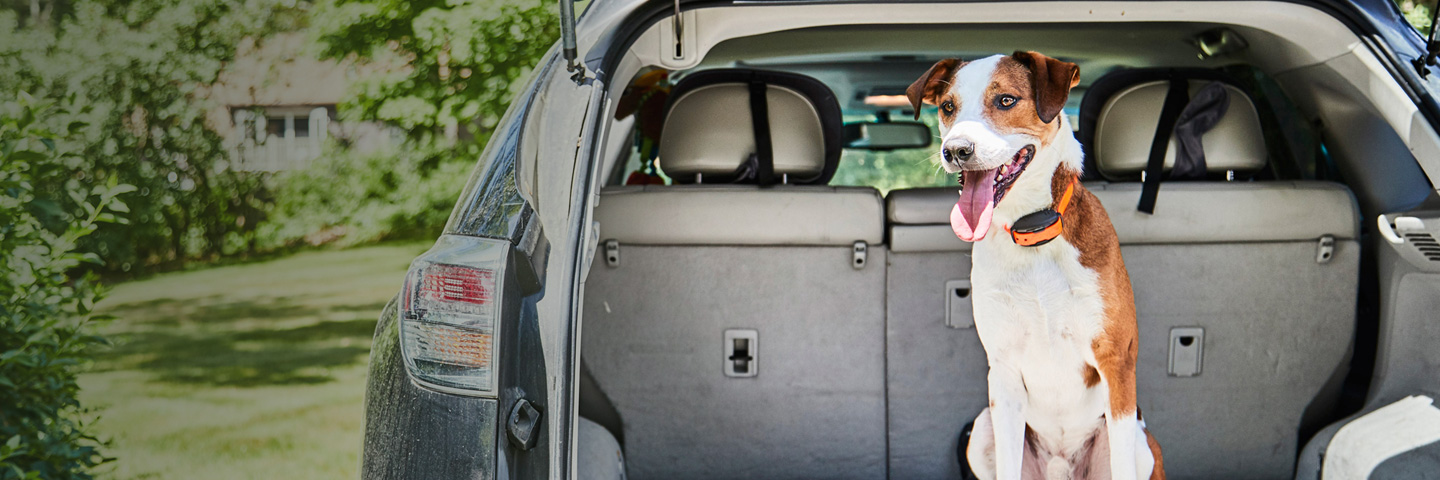August is National Immunization Month

Hello August! Some of our favorite things begin in August, things such as football and cooler weather. August is also National Immunization Month. There’s a lot of hype surrounding immunizations in our children. Although we aren’t going to weigh in on that topic, immunizations in pets are important and should be taken seriously. Immunizations help prevent diseases that in the long run can cost you a lot of money and your pet his or her life or quality of life.
What immunizations does my pet need?
According to the American Association of Feline Practitioners, cats should be given immunizations, every three years, for core diseases such as:
• Rhinotracheitis
• Calivirus
• Rabies
• distemper
Dogs should be given immunizations for core diseases every one to three years:
• distemper
• rabies
• adenovirus
• Bordetella (parvovirus)
There are other vaccines that can be given and recommended depending on the pet.
Why does my pet need these immunizations?
Of course, the biggest concern that prompts one to give immunizations is to keep your pet (and your family) healthy, but there are other reasons to take into consideration.
One reason it’s important to keep immunizations up to date is boarding. Most, if not all, boarders are going to require you to provide proof of immunizations. They want to know that the pets they are keeping aren’t going to get each other sick.
Another reason is if for any reason you come in contact with animal control, you want those vaccinations up to date. No one ever thinks their pet will be one that animal control is called on. But it happens. For example, if someone’s dog bites someone else and animal control is contacted, the dog is typically put into quarantine for a number of days. The owner must show proof that the dog is up to date on their rabies shot. If not, the owner of the dog can be cited. If so and the dog checks out ok during quarantine, typically you’re able to go back to your everyday life.
Immunizations in pets can keep them healthy and keep your family healthy. They can also help the owner avoid high vet bills for preventable diseases. They can help avoid not being able to board his or her dog and help avoid costly fines if his or her dog encounters animal control for any reason. Take note and remember that vaccines are a lot less costly than the ramifications that can come from not having your pet vaccinated.